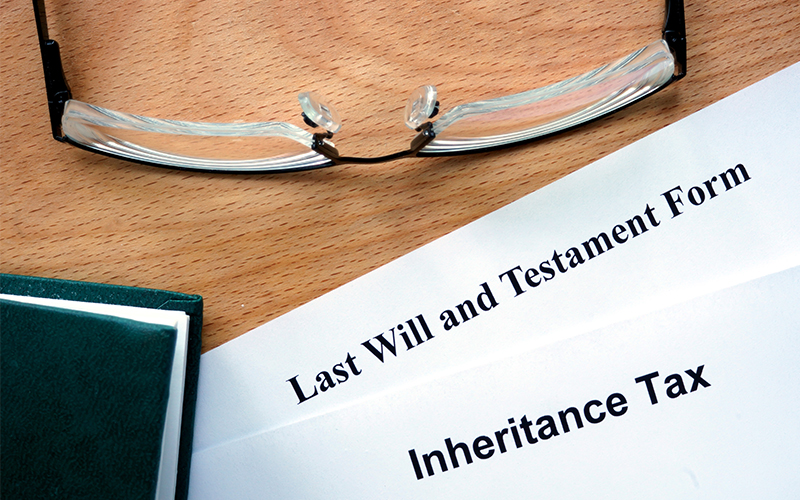
It has been reported that the late Sir Bruce Forsyth has left his £17 million fortune to his wife, Lady Wilnelia and as a result his estate will not be liable to pay any inheritance tax.
Current legislation provides that transfers between spouses and civil partners are exempt from inheritance tax both during lifetime and on death. Once Sir Bruce’s estate has been administered, Lady Wilnelia will be free to retain or distribute her inheritance as she sees fit.
If she chooses to give assets to Sir Bruce’s children and grandchildren then provided she survives for 7 years from the date of these gifts such gifts (known as Potentially Exempt Transfers) will fall out of her estate for inheritance tax purposes. Such an arrangement works well where one spouse is significantly younger than the other as in this case. However, the key to this type of planning is trust between both parties. It is always possible for the surviving spouse to change their Will following the death of their spouse and ultimately they could choose not to make gifts.
Second and even third marriages are commonplace nowadays and the testator is often faced with a dilemma as to how to provide security for their new spouse, pass assets down to their children and minimise any inheritance tax due. By leaving everything to his spouse, Sir Bruce ensures that there is no inheritance tax to pay on his assets for the moment and with significant gifting by Lady Wilnelia the tax bill will fall further and may even be eliminated.
However, many people are reluctant to go down this route in case their spouse should fail to fulfil their side of the bargain and leave their children without an inheritance. In Scotland, children have legal rights in their parents’ estates which mean that no child can ever be excluded from your estate completely but legal rights are limited to moveable assets (cash, investments and so on) and do not include heritable property. In an estate where the majority of assets consist of heritable property it would be entirely possible for the children to be left with very little should the surviving spouse decide to leave the inherited assets elsewhere.
Many couples in Sir Bruce and Lady Wilnelia’s position choose to leave assets to each other in liferent. A liferent trust contained within your Wills ensures that the survivor of you can use and enjoy your assets during their lifetime but upon that spouse’s death or remarriage the assets pass down to your children intact. The survivor does not own the assets so cannot however sell or dispose of the assets during their lifetime. Where there is a property the survivor can live there or receive the rent from that property and where there are investments the survivor will receive the income from those investments.
This type of arrangement ensures that the next generation will not miss out and also attracts the spouse or civil partner exemption for inheritance tax mentioned above. Liferent Trusts are hugely flexible nowadays so that advances can be made to children or indeed to the surviving spouse should the Trustees so decide. There is also no bar on moving house should the Trustees agree to this. The fact that the surviving spouse does not own the liferented assets makes this option all the more attractive should nursing home fees ever be an issue.
